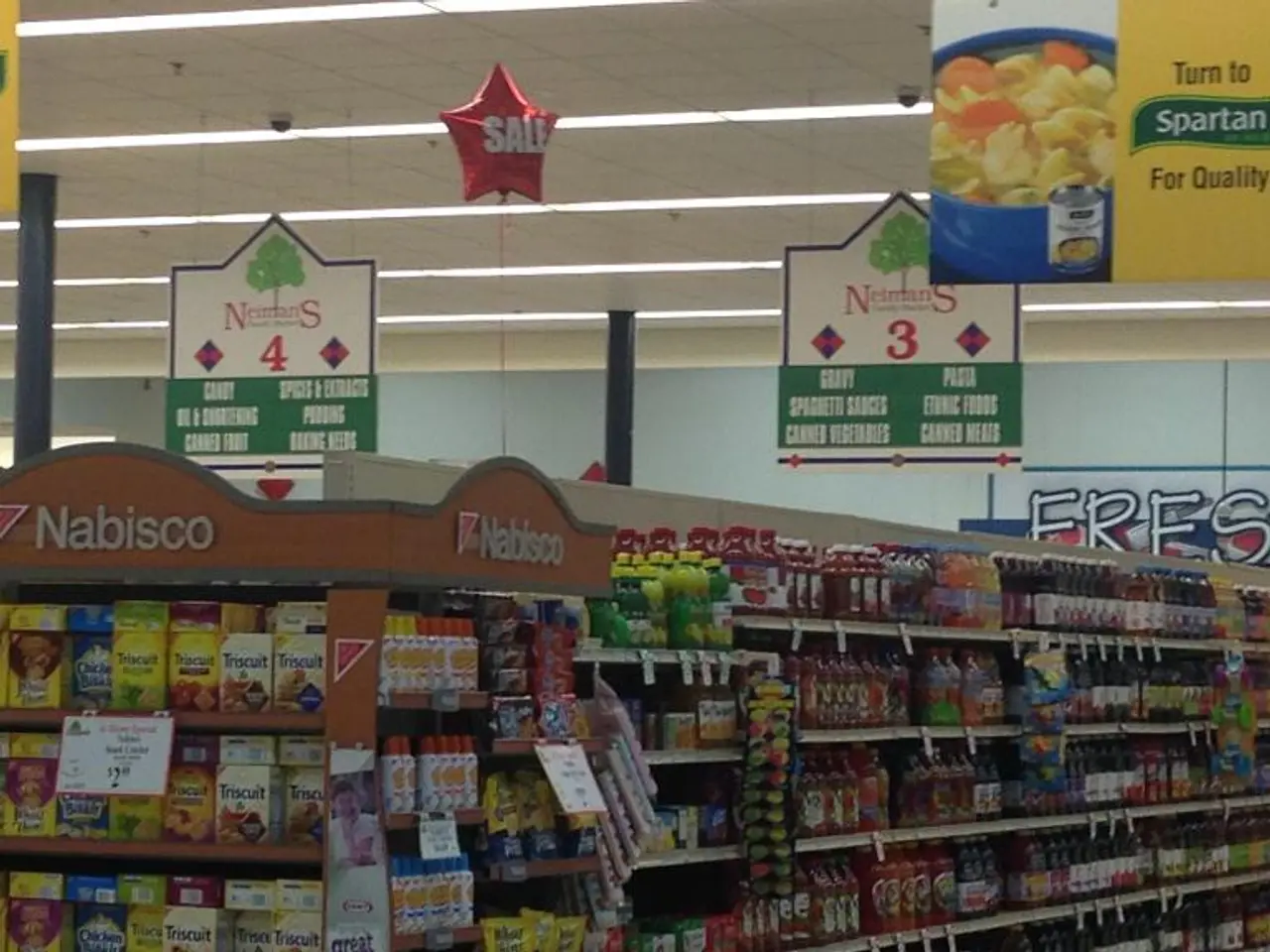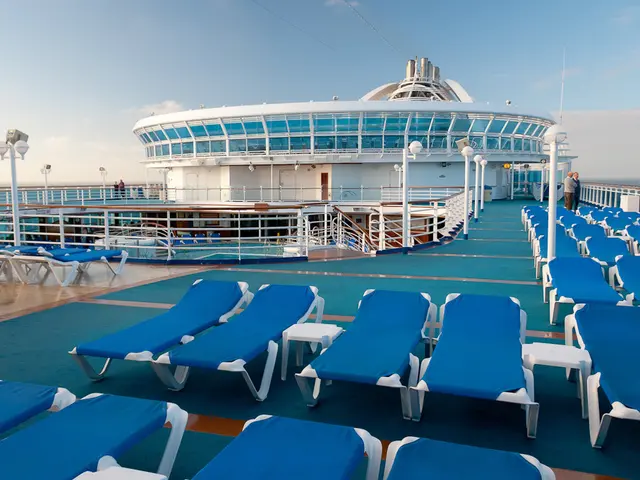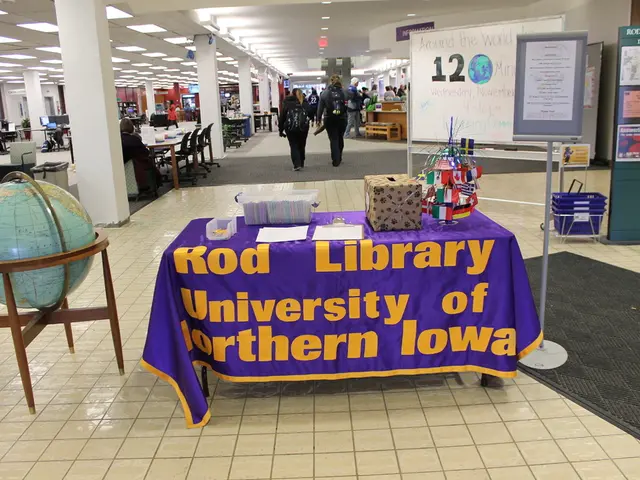Adapting to Low Seasons: Tips for Dubai's Seasonal Businesses to Remain Profitable All Year Long
In the vibrant city of Dubai, businesses face a unique challenge: seasonality. The city's business landscape ebbs and flows with the weather, tourism, and cultural calendars, with the peak season generally spanning November to March. However, seasonal businesses in Dubai can effectively navigate this seasonality and ensure year-round sustainability by adopting strategic approaches.
- Off-Season Planning and Diversification
During the off-season, businesses should develop strategies that specifically target this period to maintain revenue. This could include offering promotions, pivoting to complementary products or services, or targeting different customer segments that may be active during quieter months.
- Sustainable Practices and Green Credentials
Incorporating sustainability into operations is increasingly important in Dubai’s hospitality and service sectors. This includes energy-saving technologies, water conservation systems, and waste reduction initiatives. Sustainable branding can attract eco-conscious customers year-round.
- Leveraging Technology and Smart Resource Management
Using technology such as IoT-enabled irrigation for landscaping or waste-to-energy facilities helps optimize resource use efficiently across seasons, lowering operational costs and boosting sustainability credentials.
- Aligning with Dubai’s Strategic Sustainability Goals
Integrating business practices with Dubai’s broader sustainability frameworks, such as the Dubai 2040 Master Plan and zero waste to landfill targets by 2030, can provide access to governmental support, partnerships, and enhance reputation.
- Community Engagement and Local Sourcing
Building local partnerships, sourcing seasonal produce, and supporting local talent create a resilient supply chain and foster goodwill, which can help stabilize operations throughout seasonal fluctuations.
During the off-season, local residents continue to frequent businesses, seeking value and variety. However, industries most affected include tourism and desert activities, outdoor cafes, restaurants, and beach clubs, event planning and entertainment services, and seasonal markets and pop-up retail vendors. Many open-air eateries report up to a 60% reduction in footfall during the hottest months.
To combat this, smart marketing is essential for long-term survival during the off-season. Tactics include developing off-season offers and loyalty rewards, collaborating with complementary businesses to create co-branded campaigns, amplifying visibility with shared marketing costs, and repurposing user-generated content. Additionally, businesses can host niche events or pop-ups indoors or at summer-friendly venues to generate revenue during the off-season.
Viewing the off-season as a launchpad for improvement can help seasonal businesses in Dubai achieve consistency and resilience all year long. By combining proactive off-season marketing and operational adaptations with robust sustainability and resource efficiency measures, businesses can enhance resilience, attract a broader customer base, and align with Dubai’s evolving sustainable growth agenda, promoting year-round viability.
- In the off-season, creating events that cater to local residents could help maintain revenue for businesses, offering them a chance to experience a diverse range of food-and-drink options and home-and-garden products.
- For event planning and entertainment services, partnering with museums, galleries, or cultural venues to host indoor events could provide much-needed revenue during the off-season.
- To attract an international clientele in the off-season, businesses could showcase their eco-friendly practices and green credentials in their marketing materials, emphasizing their commitment to sustainability.
- Businesses in the tourism and hospitality industry could collaborate with departments of culture and education to create exclusive, season-agnostic packages, such as guided tours and workshops that focus on the city's rich history and heritage.
- To drive sales for businesses like beach clubs, restaurants, and outdoor cafes, offering home-delivery or take-out services during the hottest months could help meet customer demand and generate revenue.
- In the off-season, for the food-and-drink industry, partnering with local farmers, breweries, and wineries to source fresh, seasonal ingredients for their menus can offer customers unique dining experiences and support the community.
- In Dubai, businesses can explore opportunities in the retrofitting and energy-efficient appliance sectors to help homeowners improve their energy consumption and contribute to the city's sustainability goals, creating yet another avenue for year-round growth and development within the business industry.







